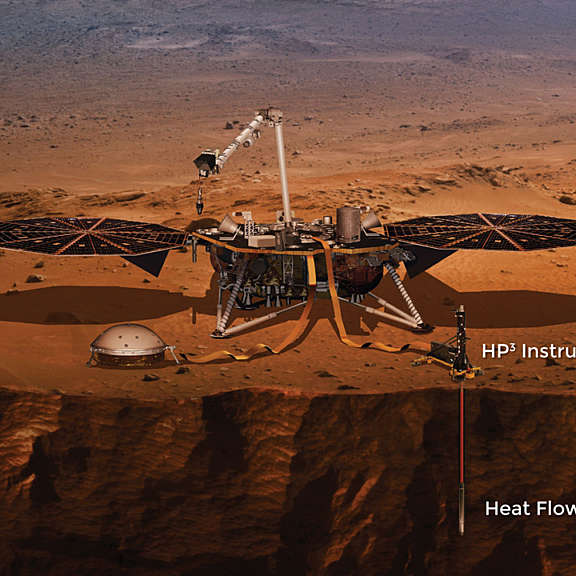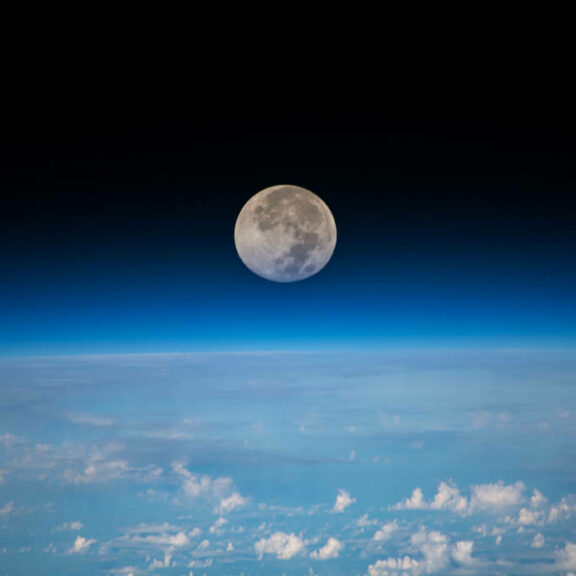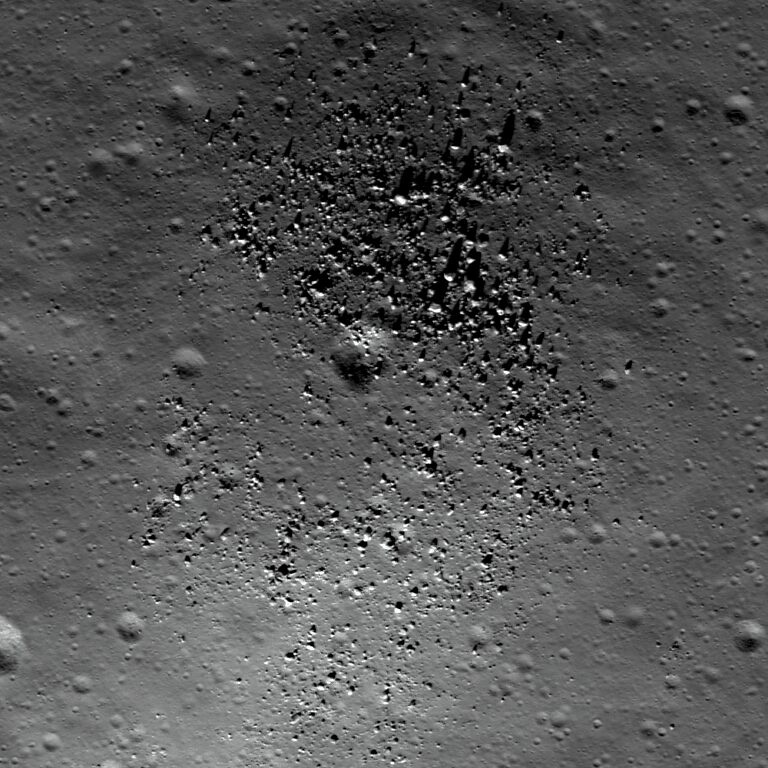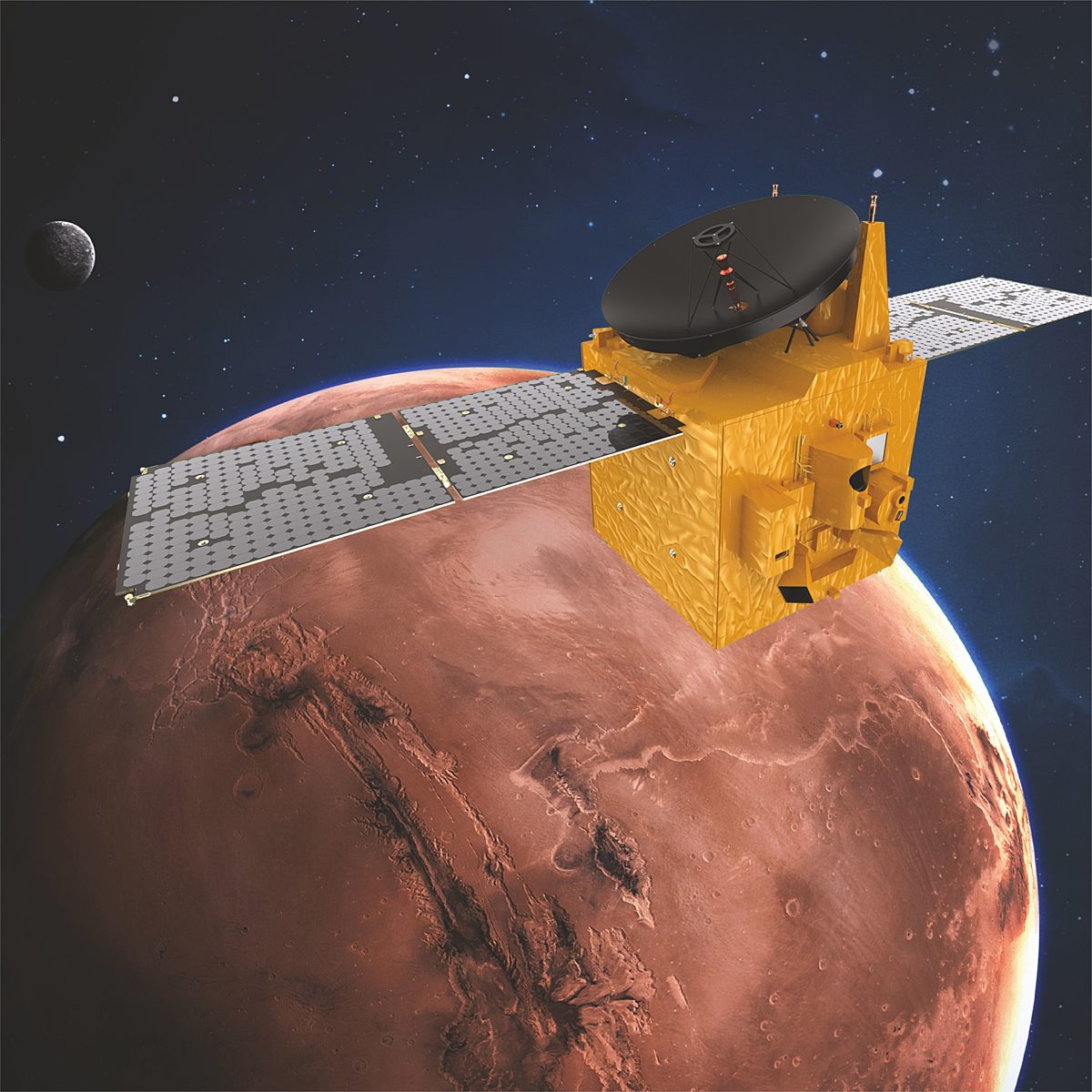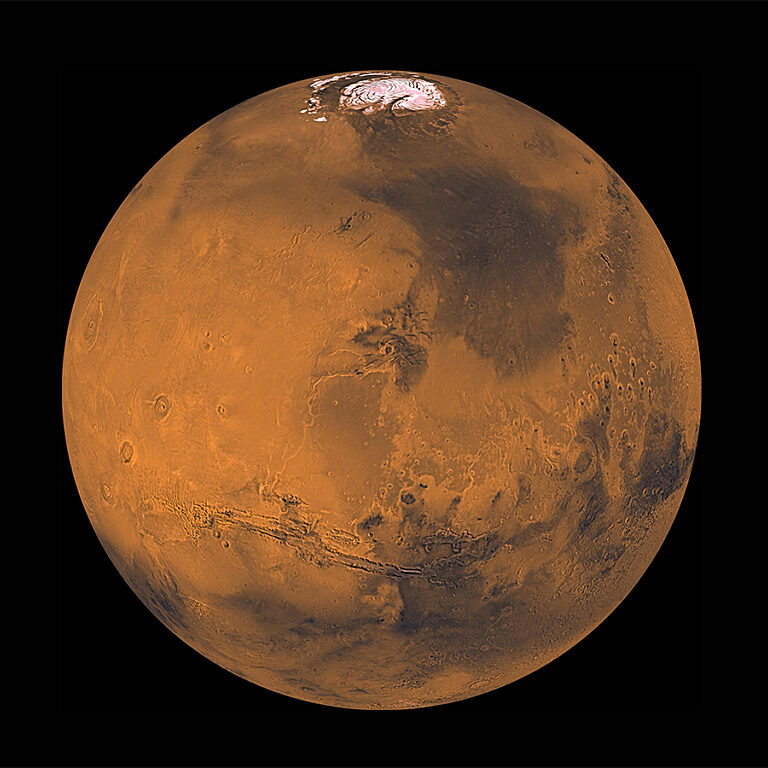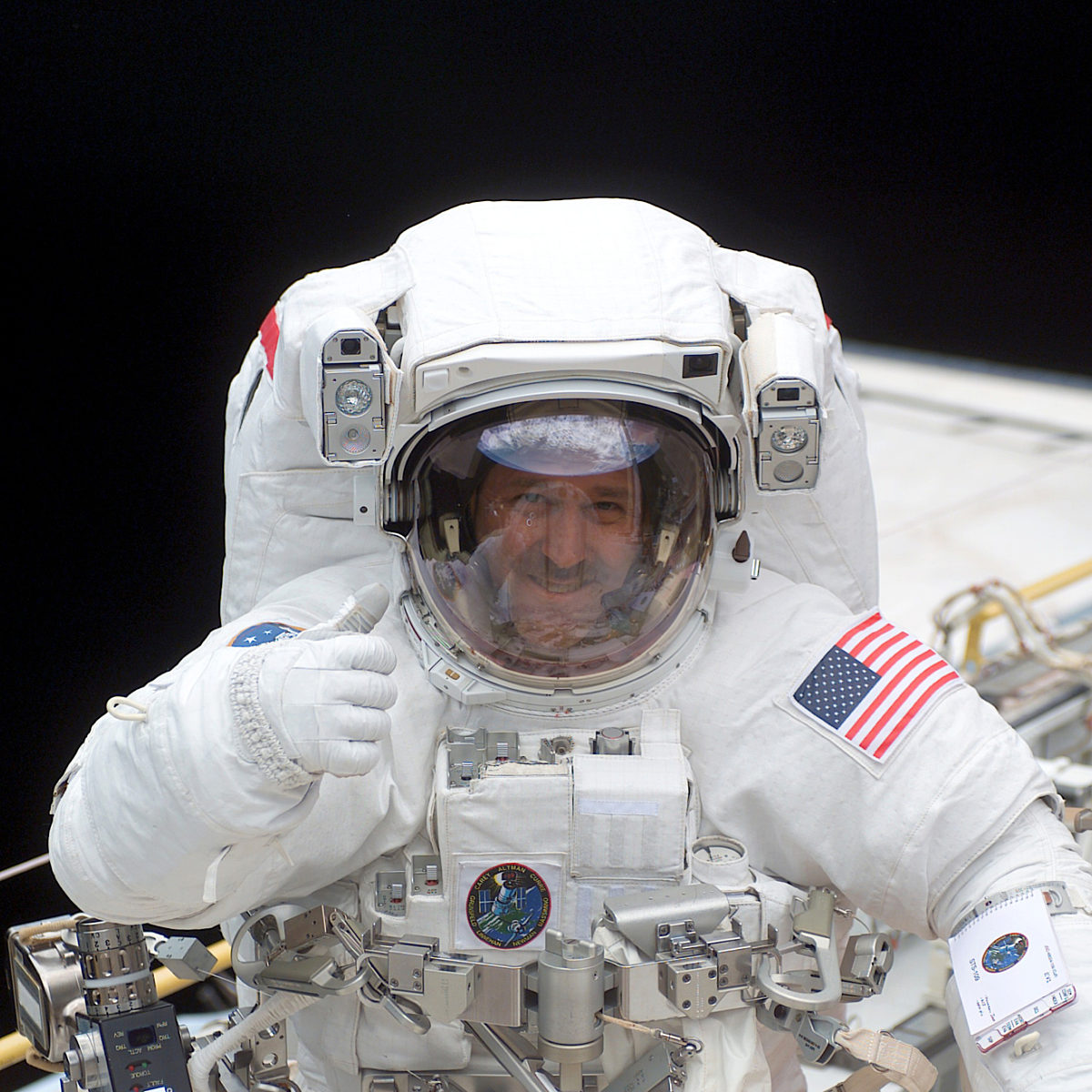Since 2002, Planetary Radio has visited with a scientist, engineer, project manager, advocate, or writer who provides a unique perspective on the quest for knowledge about our Solar System and beyond. The full show archive is available for free.
Search Planetary Radio
This week on Planetary Radio we take a trip to The Planetary Society’s Eclipse-O-Rama festival in Fredericksburg, Texas, where hundreds gathered to witness the April 8 total solar eclipse.
Twenty years after a pioneering collaboration between The Planetary Society, NASA, and LEGO, Planetary Radio reflects on the Red Rover Goes to Mars program and the lives it impacted.
Matt Golombek, project scientist for the Mars Exploration Rover Project, joins Planetary Radio to celebrate the 20th anniversary of the landing of the Spirit and Opportunity rovers on Mars.
Sabine Stanley, author of the new book "What's Hidden Inside Planets?", discusses some of the amazing things that lie under the surfaces of the worlds in our Solar System.
Benjamin Fernando, a postdoctoral fellow from the University of Oxford, joins Planetary Radio this week to discuss the largest marsquake ever recorded and the international effort it took to pinpoint.
NASA's Mars Sample Return mission is both a top priority and seriously troubled. Independent review board chair Orlando Figueroa joins us to talk about the challenges and what must be done.
The InSight RISE instrument's principal investigator, Sebastien Le Maistre, from the Royal Observatory of Belgium, joins Planetary Radio to discuss Mars' increased rotation speed.
Scott Pace, the prior executive secretary of the National Space Council, discusses why Artemis is of strategic value to U.S. national interests — and why the Moon is unique as a destination to drive global space exploration.
Matt Siegler from the Planetary Science Institute shares his team's surprising findings about the granite formation that might lie beneath Compton-Belkovich, a thorium-rich hot spot on the far side of the Moon.
Sam Birch, an assistant professor at Brown University, explores what we know about the alluvial rivers of Earth, Mars, and Saturn's moon Titan.
We check in on the congressional budget process for NASA, Mars Sample Return’s spiraling cost growth, and the impending end of the regulatory holiday for human commercial space launch companies.
Join us as we celebrate the accomplishments of a truly inspiring space mission - the United Arab Emirates' Hope probe, which has spent two amazing years orbiting Mars!
Meenakshi Wadhwa, principal scientist for Mars Sample Return at NASA JPL, updates us on the missions that will bring bits of the red planet back to Earth.
Jason Achilles, a musician who partnered with NASA’s JPL to help put one of the first microphones on Mars, shares his journey and the joy of listening to the sounds of the red planet.
Jet Propulsion Laboratory Director Laurie Leshin wants to give every brain in the country the opportunity to work in space exploration.
For his last episode as host, Mat Kaplan welcomes many of his Planetary Society colleagues for a review of a spectacular year of space exploration.
Outgoing Planetary Radio host Mat Kaplan realizes a dream by getting Rob Manning and Andy Weir together for one of the most entertaining conversations in our show’s two decades.
Astrophysicist, former astronaut and NASA associate administrator John Grunsfeld on human exploration of space and the science we will do there.
The DART spacecraft’s impact on asteroid moonlet Dimorphos is days away, so we’ll check in with Mission Coordination Lead Nancy Chabot as well as Simone Pirrotta, program manager for the LICIACube probe that will be watching the smackdown.
Getting precious Mars rocks into Earthbound labs is an unprecedented challenge. We'll learn how a lander, a rocket, a big solar-powered transfer vehicle and two helicopters will take on this task.


 Explore Worlds
Explore Worlds Find Life
Find Life Defend Earth
Defend Earth





